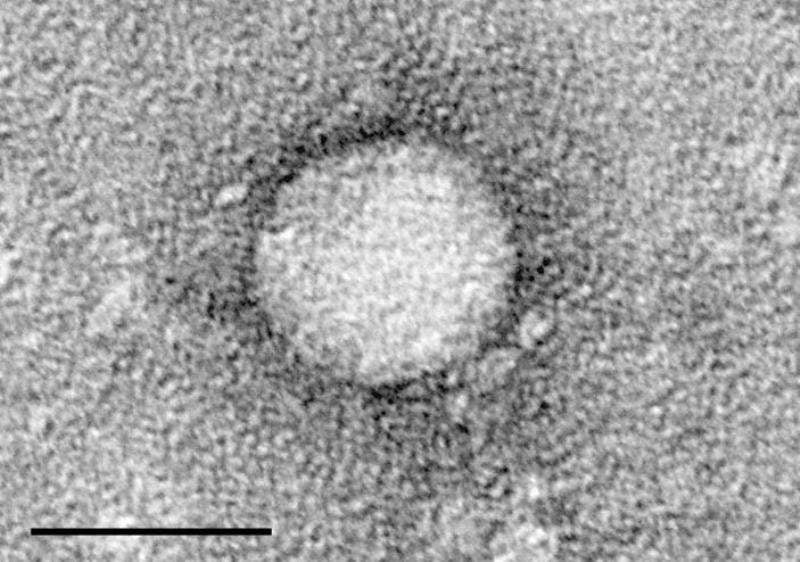
Inovio Pharmaceuticals and GeneOne Life Science have dosed the first patient in a Phase l trial of GLS-6150 for the treatment of hepatitis C.
Developed jointly by both companies, the open-label trial is designed to investigate the ability of GLS-6150 to enhance immunity in people who have been treated and cleared of hepatitis C virus.

Discover B2B Marketing That Performs
Combine business intelligence and editorial excellence to reach engaged professionals across 36 leading media platforms.
The trial is expected to examine 24 people with a sustained virologic response (SVR) following treatment for Hepatitis C and an additional eight healthy controls to compare immune responses.
During the trial, the participants will receive one of two doses (1mg or 2mg) of the GLS-6150 vaccine, which will be given intra-dermally and followed by electroporation with Cellectra-3P device.
Vaccinations will be given as a three-dose priming series at 0, 4, and 12 weeks, or as a two dose priming series at 0 and 8 weeks. They will be followed by a booster dose at six months.
The final study visit is four weeks after the six-month booster vaccination.

US Tariffs are shifting - will you react or anticipate?
Don’t let policy changes catch you off guard. Stay proactive with real-time data and expert analysis.
By GlobalDataThe trial has already started patient enrolment in South Korea, where GeneOne is responsible for performing and funding the trial.
Inovio Pharmaceuticals president and CEO Dr J Joseph Kim said: “Developing the first successful vaccine against hepatitis C virus is a highly ambitious endeavour but a truly impactful effort for global health as well as being transformative for us commercially.
“The key to a successful hepatitis C vaccine will be its ability to activate the body’s immune system to prevent or treat infection by a virus with multiple or ever-changing strains.
“Inovio’s innovative DNA-based technology platform is uniquely positioned to address this challenge and it has been optimising over the last several years in demonstrating strong in vivo immune responses against very tough-to-treat viruses like HIV, Zika and flu.”
Data from the Phase l trial is expected to be available next year.





